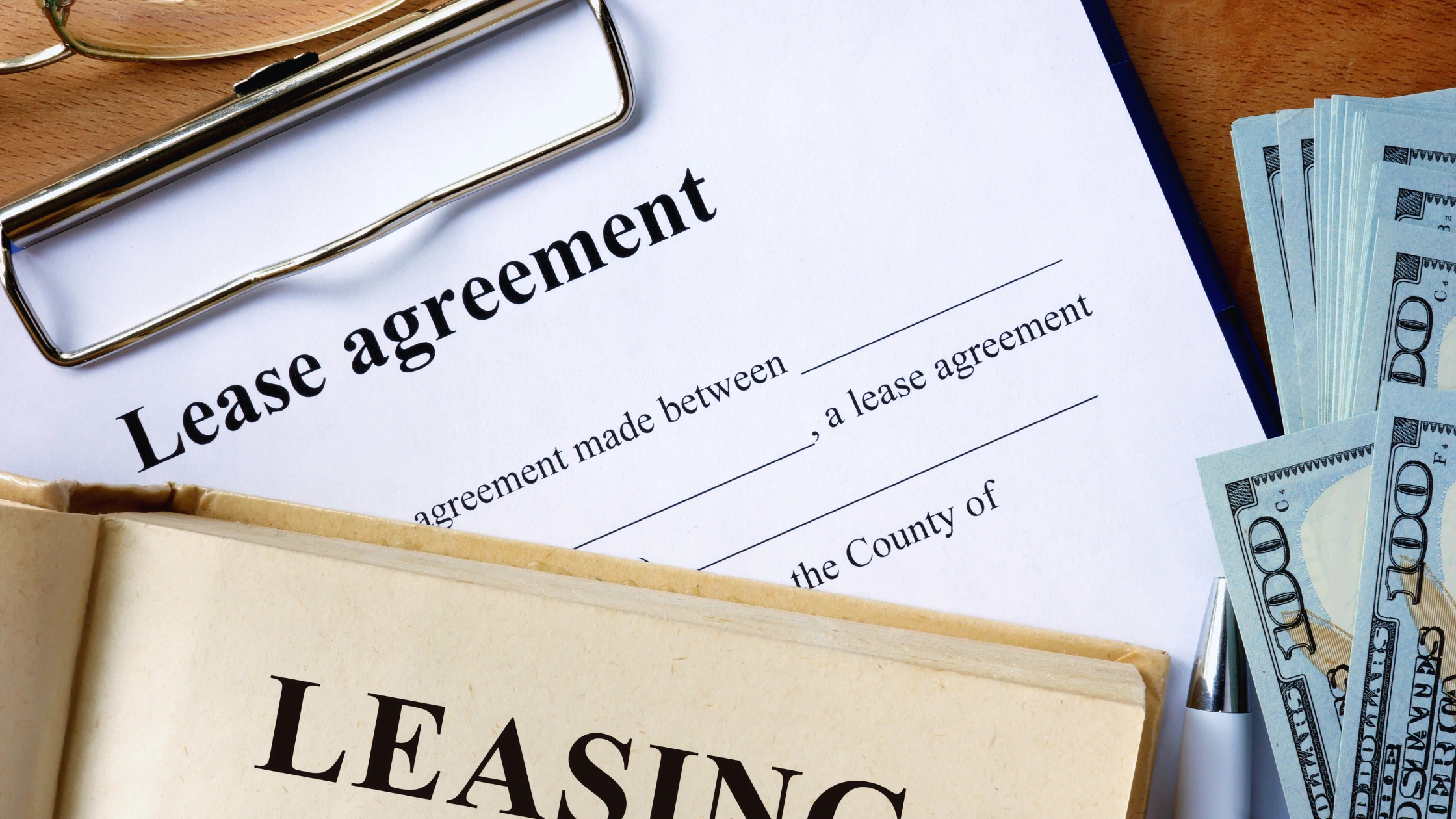New Hampshire Landlord-Tenant Laws
Navigating New Hampshire’s landlord-tenant laws can feel overwhelming, but understanding your rights and responsibilities is crucial for both parties involved. From required disclosures and security deposit rules to eviction processes, these regulations shape the rental experience. Knowing what you can expect from your landlord—and what they can expect from you—will help you avoid common pitfalls. So, what key aspects should you be aware of to ensure a smooth rental relationship?
Required Disclosures for Landlords
When renting out a property in New Hampshire, you must understand the required disclosures to keep your tenants informed and compliant with the law.
You need to disclose lead-based paint hazards if your property was built before 1978 and provide an EPA pamphlet on this issue. It’s also crucial to issue security deposit receipts that specify where funds will be held. Additionally, you must provide a move-in checklist within five days of occupancy and include any conditions needing repair in the New Hampshire lease agreement.
Be aware that while there’s no limit on a standard rent late fee, you must still adhere to New Hampshire landlord tenant laws to ensure everything is above board and fair.
Rent and Fees Regulations
Understanding rent and fees regulations in New Hampshire is essential for both landlords and tenants to ensure a smooth rental experience.
In New Hampshire, there’s no statute specifying rent due dates, so it’s crucial to clarify this in your New Hapshire lease agreement. While landlords can charge application fees, these aren’t regulated, allowing flexibility. Rent control doesn’t exist, meaning you can increase rent at your discretion. Late fees also lack statutory limits, but a common rate is around 5% of the monthly rent. Remember, if landlords fail to maintain the property per health and safety standards, tenants can withhold rent.
Familiarizing yourself with eviction laws in New Hampshire will also help you navigate any disputes effectively.
Security Deposit Rules
Although security deposits can often lead to disputes, knowing the rules in New Hampshire helps both landlords and tenants navigate the process smoothly.
You can’t collect more than one month’s rent or $100, whichever is greater, as a security deposit. Make sure you keep the deposit in a separate bank account and pay interest that matches regular savings account rates.
When the lease ends, you must return the deposit within 30 days. If you withhold any funds for damages, provide a written itemized list to the tenant.
Tenant Screening Procedures
How do you ensure a fair and effective tenant screening process? Start by understanding the Fair Housing Act, which prohibits discrimination based on race, color, religion, gender, national origin, familial status, disability, gender identity, and marital status.
Use a consistent application process for all potential tenants to avoid biases. You can charge application fees, but make sure they’re reasonable and transparent. When conducting background checks, focus on credit history and criminal records, but evaluate each case individually. Avoid blanket policies that automatically disqualify applicants with criminal convictions.
Lastly, keep all applicants informed about your screening criteria and decisions, ensuring transparency throughout the process. This approach promotes fairness and helps you find qualified tenants.
Eviction Notices and Processes
When a tenant fails to meet their obligations, such as not paying rent or violating lease terms, you must follow specific eviction procedures to regain possession of your property.
In New Hampshire, you typically start with a 7-day pay-or-quit notice for non-payment of rent. If the tenant violates lease terms, you’ll use a 30-day quit notice to inform them of the breach. Ensure these notices are in writing and delivered properly. If the tenant doesn’t comply within the notice period, you can file for eviction in court.
Be prepared to provide evidence of the lease agreement and any communications. Following these steps carefully helps protect your rights as a landlord and ensures a smoother eviction process.
Fair Housing Protections
After addressing eviction notices and processes, it’s important to recognize the protections in place for tenants under fair housing laws.
In New Hampshire, you’re protected from discrimination based on race, color, religion, gender, national origin, familial status, and disability. Additionally, state law includes gender identity and marital status as protected classes. This means landlords can’t refuse to rent to you or treat you unfairly for these reasons. When applying for a rental, landlords must comply with the Fair Credit Reporting Act regarding your credit information. While criminal background checks may be used, they should be considered individually rather than applying a blanket policy against applicants with past convictions.
Understanding these protections helps you navigate the rental process confidently.
Understanding Landlord-Tenant Rights
While navigating the rental landscape in New Hampshire, it’s crucial to understand your rights as both a tenant and a landlord.
As a tenant, you have the right to a safe, habitable space and timely repairs. You should know your security deposit rights, which include limits on amounts and timely returns. Landlords, on the other hand, have the right to receive rent on time and enforce lease terms. Both parties must adhere to fair housing laws, protecting against discrimination based on various factors.
Familiarizing yourself with required disclosures, eviction processes, and application fees is essential.
Conclusion
Understanding New Hampshire’s landlord-tenant laws helps you navigate your rights and responsibilities effectively. Whether you’re a landlord or a tenant, knowing the required disclosures, security deposit rules, and eviction processes is crucial. Stay informed about rent regulations and fair housing protections to ensure a smooth rental experience. By keeping communication open and adhering to the law, you can foster a positive rental relationship and avoid potential disputes. Remember, being informed empowers you!
Keep an eye for more latest news & updates on Knowledgearrow!





